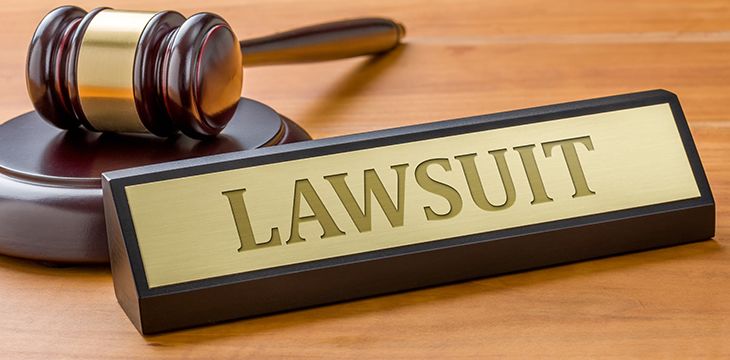|
Getting your Trinity Audio player ready...
|
A lawsuit brought against Ripple by purchasers of the XRP cryptocurrency is going to move forward after the latest attempt at halting the legal action have failed. U.S. District Judge Phyllis Hamilton for the Northern District of California has determined that, despite Ripple’s attempted objections, the lawsuit has merit and can be presented. There was a little bit of good news for Ripple, though, as Hamilton ruled that some of the claims filed in the lawsuit were invalid under California law.
A hearing on the lawsuit was held in January and found Ripple, the XRP II subsidiary and Ripple CEO Brad Garlinghouse attempting to defend themselves against former XRP owner Bradley Sostack. Ripple had tried to argue at the time that the statute of limitations regarding the accusations had expired, which should have forced the suit to be thrown out, but Hamilton has now disagreed, to a point.
Hamilton acknowledged that the legal deadline for filing the suit had, indeed, expired. However, because the lawsuit includes claims under federal law, and not just California law, it has to be viewed from a federal standpoint. As such, the suit is allowed to continue under federal guidelines.
The judge explains in her ruling, “Based on plaintiff’s complaint and the judicially noticeable facts proffered, the court cannot conclude that defendants’ first bona fide public offer to sell XRP occurred before August 5, 2016. While defendants did acknowledge various 2013 offers and sales in their May 2015 settlement with the USAO, the sales activity identified in that settlement does not show that defendants targeted the general public when offering to sell XRP. Instead, the activity identified in that agreement either shows that defendant attempted or consummated particular transactions with specific third-party individuals or entities,… or generally refers to the existence of defendants’ sales activity without defining the scope of the market for such sales.”
At one point, Ripple was facing a number of similar lawsuits, all claiming that XRP was a security that the company was offering illegally. Those suits were ultimately brought into a single claim in order to align the interests of the plaintiffs. They all assert that they lost money as a result of XRP not achieving higher values, most likely believing that it would skyrocket the way BTC did in 2017.
Hamilton, however, showed a little leniency. She determined that Garlinghouse cannot be held personally liable for Ripple’s activities, and that claims of false advertising on the part of the company were unfounded. She also denied a claim that Ripple had violated California state law, giving Sostack 28 days to resubmit that portion of the lawsuit.
Recommended for you
British lawmakers of the parliamentary national security committee have called for a temporary ban on political parties receiving donations in
Circle (NASDAQ: CRCL) soared in 2025 thanks to U.S. ‘regulatory clarity,’ but can this momentum survive a ban on crypto

 02-26-2026
02-26-2026 




